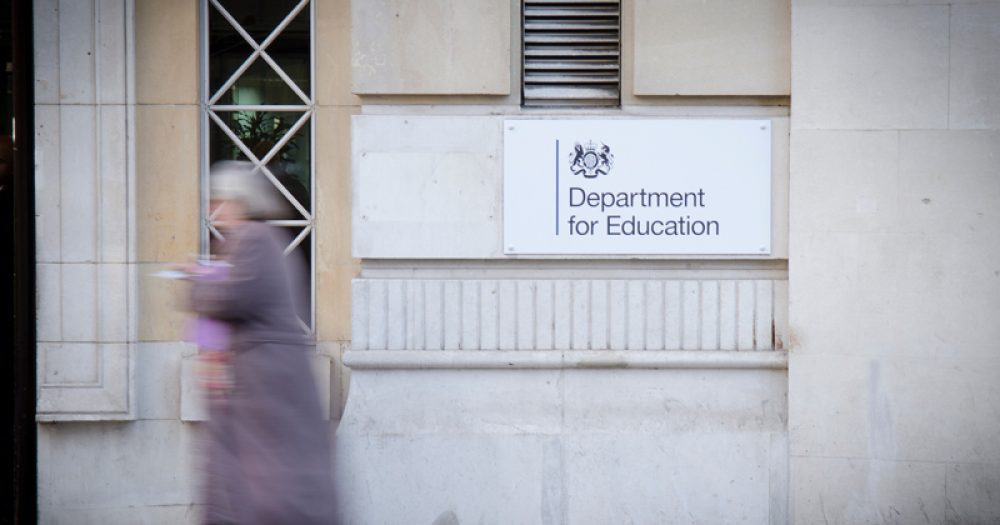An academy trust could have funding axed for one of its schools after Ofsted found some pupils in year 7 and 8 – including those with special educational needs – were not being taught modern foreign languages.
Inspectors who visited Bilton School, a mixed secondary school in Warwickshire, said some pupils in key stage 3 do “not study the full breadth of the curriculum”.
This was because school leaders “have made the decision for some pupils, including those with SEND, not to study MFL [modern foreign languages].”
Safeguarding was also “not effective” and the academy, part of the nine-school Stowe Valley Multi Academy Trust, was put in special measures.
A “minded to terminate” letter from the government, published today, ordered the trust to provide evidence it can deliver “rapid and sustained improvement” or the school could be rebrokered to a new sponsor.
Trust chief executive Ranjit Samra said the year 7 and 8 pupils were receiving extra literacy and numeracy teaching “in order to allow them to access the whole school curriculum” as they had “low levels of academic ability on entry to the school”.
He added the report had been a “traumatic experience” for the school’s community, claiming the school had “improved so much”. An appeal of the inspection was unsuccessful.
Ofsted’s new framework places more emphasis on the curriculum and less on outcomes. Schools deemed to “narrow the curriculum” are marked down.
The Bilton Ofsted report found “pupils have had less time to study the subject content and skills in depth in MFL over time. This is as a result of fewer hours allocated on the timetable.”
The pupils in Year 7 and 8 who do not learn MFL spent more time studying English and maths which means “that not all pupils have the opportunity to learn the full breadth of subjects across key stage 3.”
The report added: “Leaders need to make sure that all pupils have access to a broad and full range of subjects across key stage 3.”
The school’s post inspection action plan, written in November, said 34 out of 334 students did not study a MFL and they received additional literacy and numeracy lessons as their “performance on entry to the school in these core skills were significantly below national average”. They are now receiving French lessons to “redress this curriculum narrowing”, it says.
The report also found “serious weaknesses in keeping pupils safe”, with safeguarding procedures not understood by all staff. Some did not always take a register at the start of lessons, for instance.
A new policy has been brought in to ensure registers are taken and the safeguarding team has been restructured.
The report does praise the headteacher and trust for their work to improve the school, and Samra added: “We are absolutely confident that the school has addressed all the issues that were identified in the report.”
Last month, Schools Week reported how a quarter of academy trusts recently issued “minded to terminate” warnings after standards dropped at one of their schools had expanded considerably in the past few years.
The Stowe Valley trust took on three of its nine schools last year alone.
The DfE also today published a minded to terminate letter for The Brookfield School in Herefordshire, a special needs school judged to be ‘inadequate’.








The inspection report begins, ‘Pupils, parents and staff told us that this school has ‘improved so much’ since it became an academy…’
But Bilton School became an academy in December 2011. The predecessor school, Bilton Maths and Computing College, had twice been judged satisfactory (2006, 2010). Bilton School’s first inspection as a stand-alone academy was good but it was downgraded to inadequate in February 2016.
The school closed for a ‘fresh start’ with Stowe Valley MAT in April 2017.
Should the report have begun, ‘since it became an academy with Stowe’ or ‘since it became an academy in 2011’? The opening sentence is not only ambiguous but contradicts much of what comes next.
The school now faces another upheaval.